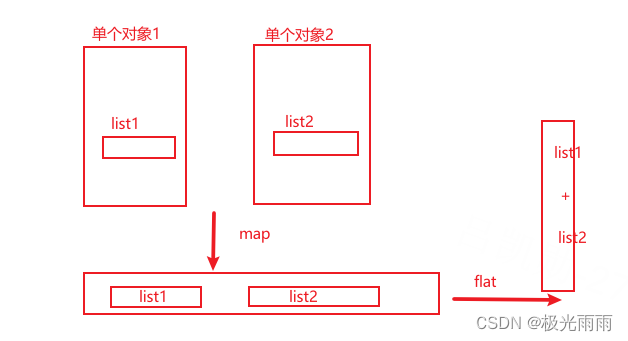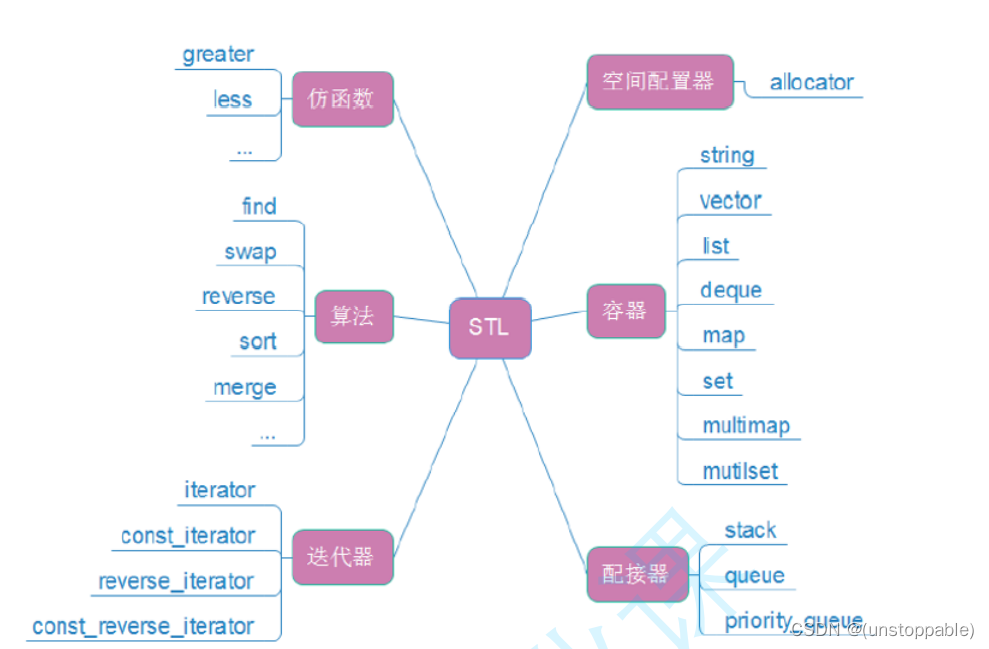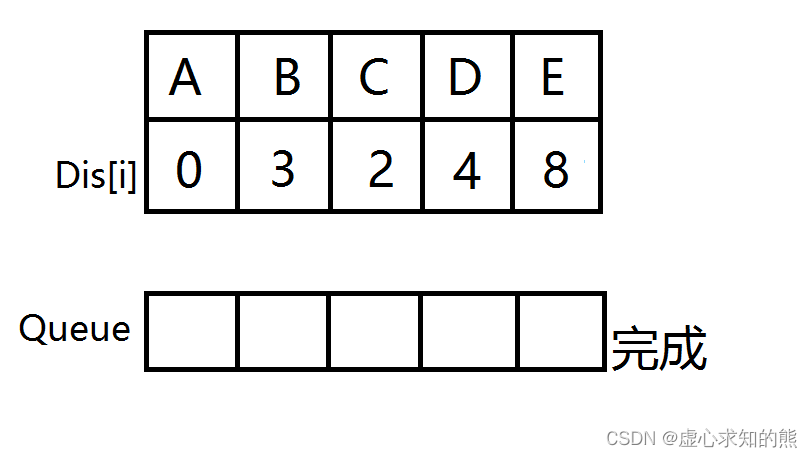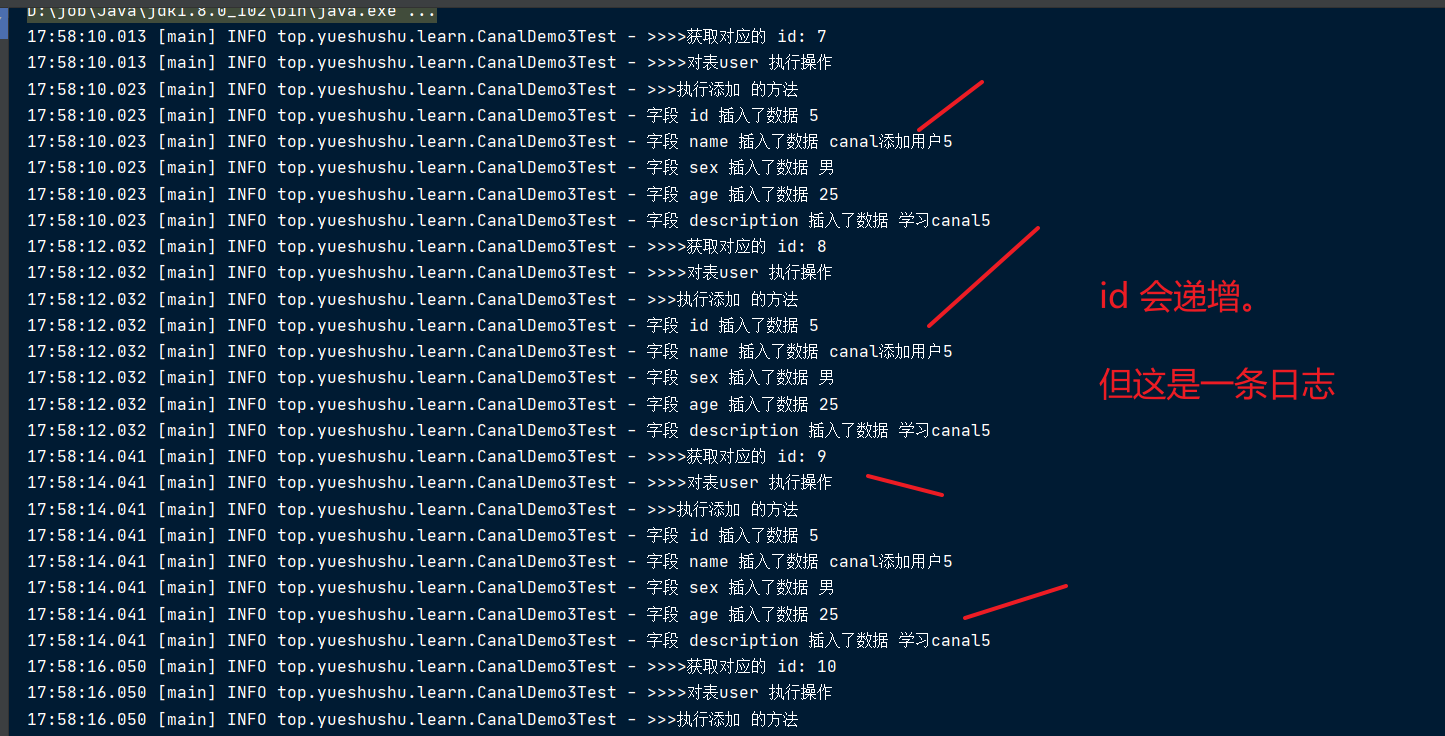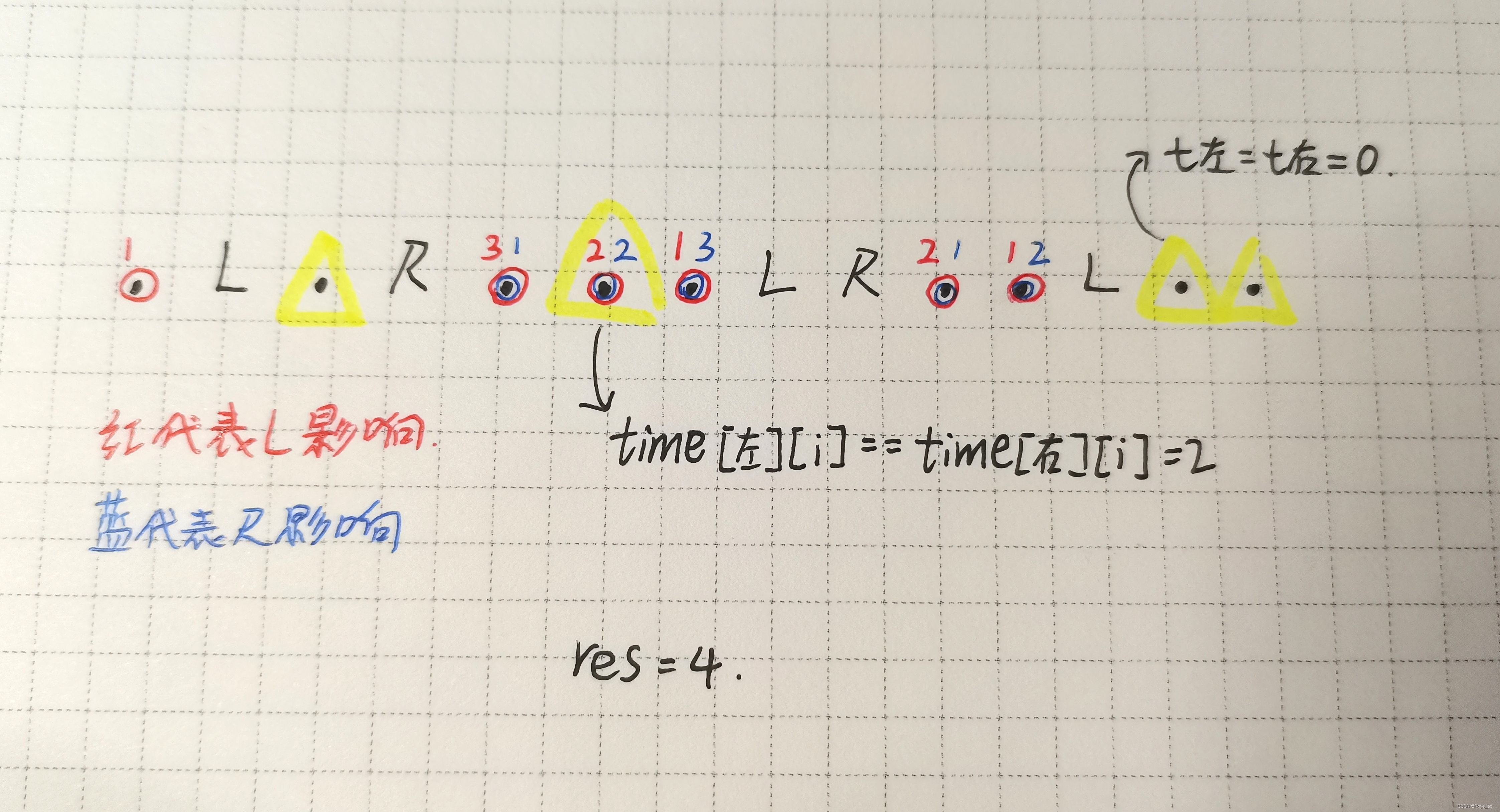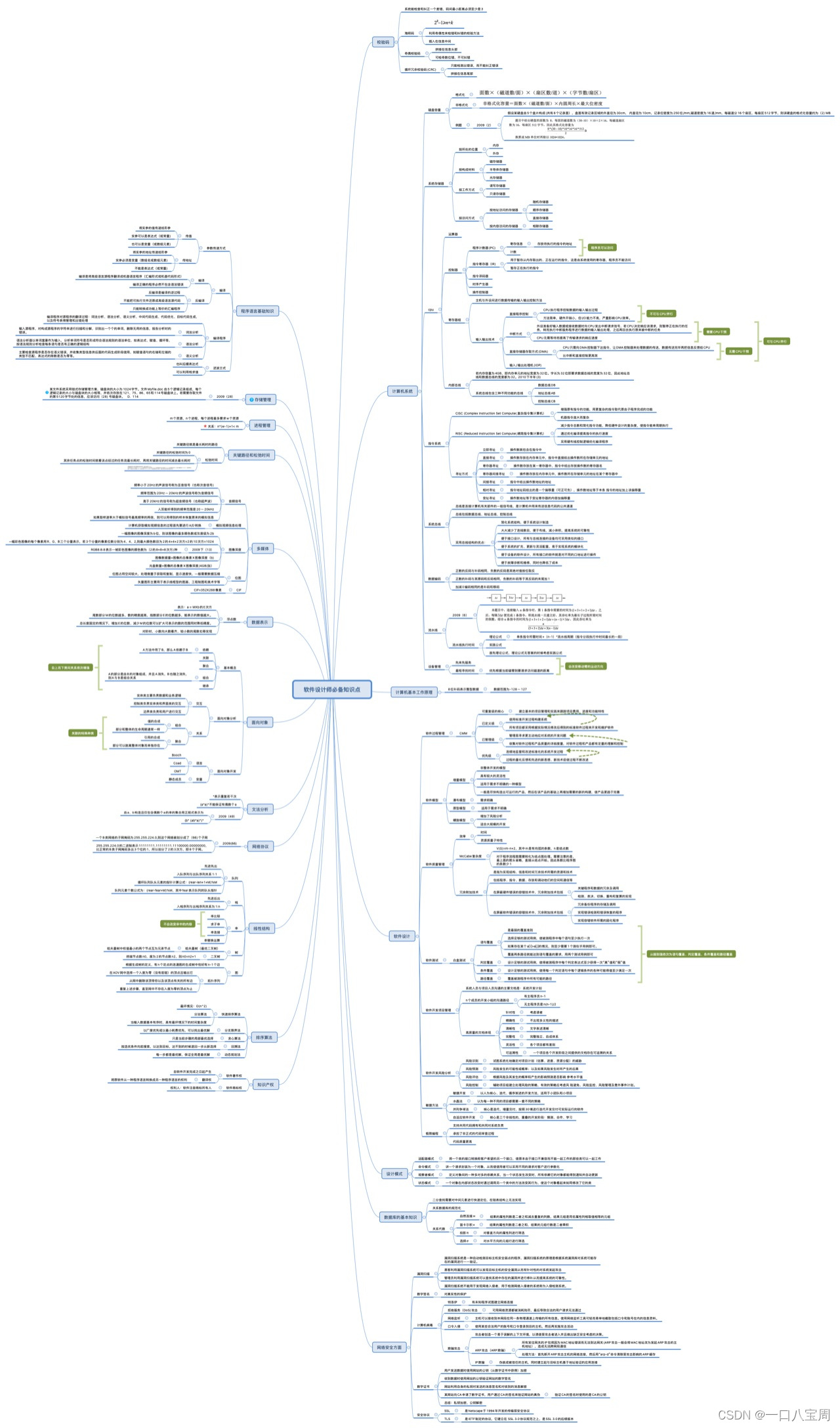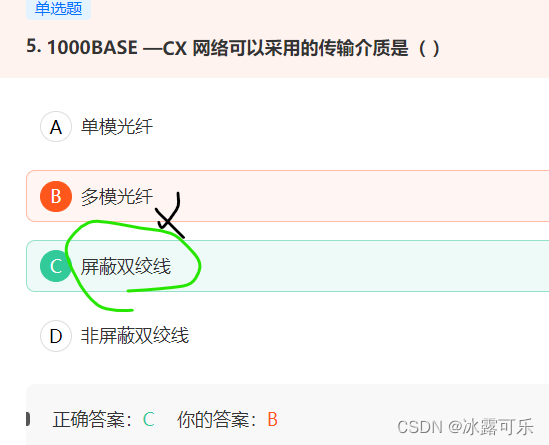抽象合约(abstract contract)
前文在讲合约继承的基类构造函数的参数时,有提到抽象合约,也就是说,如果派生合约未能给其继承的基合约指定构造函数参数时,那么,该派生合约必须声明为抽象合约(abstract contract)。
我们知道Java中抽象类的定义,其一抽象类不能实例化,其二是抽象类中可以拥有 抽象方法(是一种没有方法体的、只有方法签名的方法。)
而在 Solidity 中的抽象合约与Java的抽象类有异曲同工之妙。即假使合约中至少有一个函数没有实现(没有方法体,只有方法签名的方法),那么便将该合约定义为抽象合约(abstract contract)。当然咯,前文说到继承提到的,派生合约未能给其基合约的构造函数传递指定参数,这时,该合约便只能声明为抽象的。
在 Solidity 0.8.x版本以上,抽象合约的抽象函数需加上virtual修饰,而对于的派生合约中的函数实现也得加上override修饰,否则编译过不了。
// SPDX-License-Identifier: GPL-3.0
pragma solidity ^0.8.0;
//base contract
abstract contract Animal {
function eat() virtual public ;
}
contract Bird is Animal {
function eat() override public {
}
}

假使派生合约未能给定所有基类的制定参数(基类构造函数的参数),那该合约也必须声明为抽象的。

解决上图所出现的问题,有两种方式,要么派生合约 contract Snake 给定所有基类构造函数的制定参数;要么将派生合约 Snake声明为抽象(abstract)的。
// SPDX-License-Identifier: GPL-3.0
pragma solidity ^0.8.0;
//base contract
contract Animal {
string public name;
constructor(string memory _name){
name = _name;
}
}
//爬行动物是动物
contract Reptile {
string public Rname;
constructor(string memory _name){
Rname = _name;
}
}
abstract contract Snake is Reptile,Animal {
//这是一只眼镜蛇 多个基类使用空格隔开
constructor() Animal("cobra"){}
}

// SPDX-License-Identifier: GPL-3.0
pragma solidity ^0.8.0;
//base contract
contract Animal {
string public name;
constructor(string memory _name){
name = _name;
}
}
//爬行动物是动物
contract Reptile {
string public Rname;
constructor(string memory _name){
Rname = _name;
}
}
contract Snake is Reptile,Animal {
//这是一只眼镜蛇 多个基类使用空格隔开
constructor() Reptile("diba") Animal("cobra"){}
}
// SPDX-License-Identifier: GPL-3.0
pragma solidity ^0.8.0;
//base contract
contract Animal {
string public name;
constructor(string memory _name){
name = _name;
}
}
//爬行动物是动物
contract Reptile {
string public Rname;
constructor(string memory _name){
Rname = _name;
}
}
contract Snake is Reptile,Animal {
//这是一只眼镜蛇 多个基类使用空格隔开
constructor() Reptile("diba") Animal("cobra"){}
}

若派生合约继承自抽象合约,而并没有去实现抽象合约中的抽象函数,那么,该合约依然需要标记为抽象(abstract)的。
抽象合约将合约的定义与其实现脱钩,从而提供了更好的可扩展性和自文档性,并消除了代码重复。

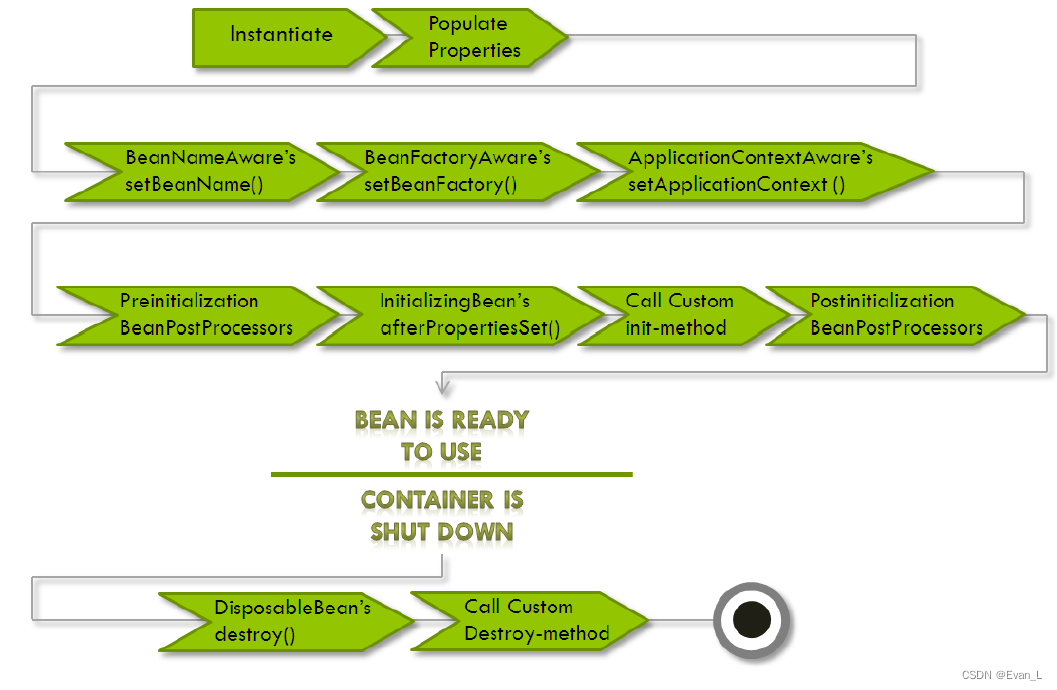
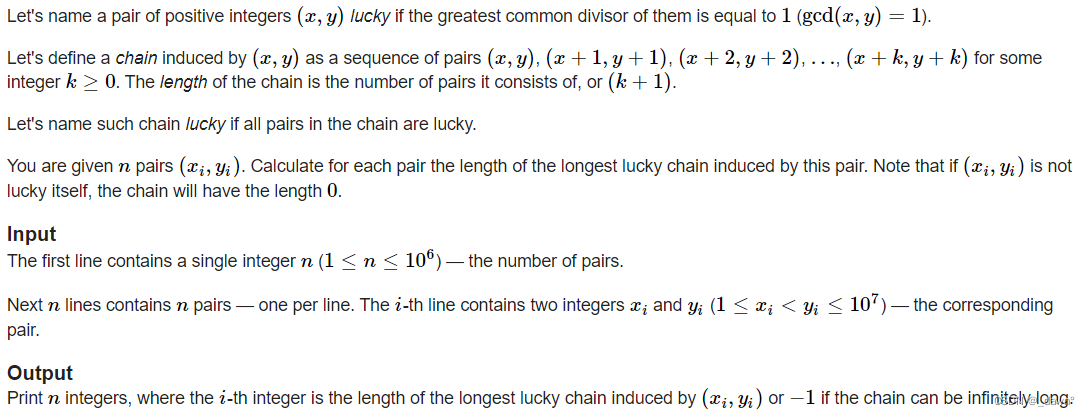
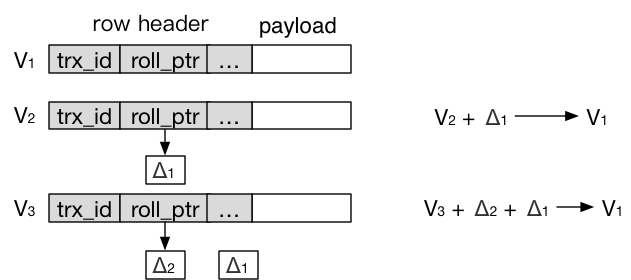
![[2022-12-17]神经网络与深度学习第5章 - 循环神经网络(part 1)](https://img-blog.csdnimg.cn/50a2576319ce444ca3dbf777500e7a2f.png#pic_center)
![[机器人学习]-树莓派6R机械臂运动学分析](https://img-blog.csdnimg.cn/ab23a9b9c6e646bfa5d182dc7a6c4622.png)
